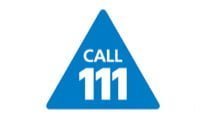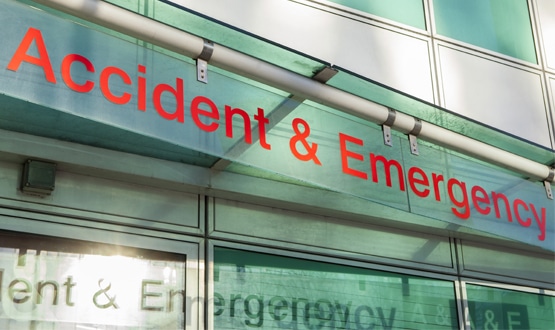NHS Direct cancels 111 contracts
- 28 June 2013

NHS Direct has cancelled contracts to provide NHS 111 in North Essex and Cornwall and admits all of its 111 contracts are “financially unsustainable”.
The organisation holds nine contracts to deliver the new non-urgent health line to around one third of the country.
The chief executive’s report in NHS Direct’s latest board papers says call volumes being handled by its staff are between 30% and 40% of contracted levels, with many calls diverted to other providers. However, staffing levels are at or above those planned to handle the full 100% of its contracts.
This means that income in substantially lower than budgeted.
“Agreement has been reached with commissioners for North Essex and for Cornwall, that NHS Direct is not in a position to mobilise the 111 services for those areas,” the report says.
“These commissioners are expected now to make arrangements with alternative providers to mobilise the 111 service in their area.”
A review by Deloitte, which accompanies the board papers, says commissioners across the country have little confidence in NHS Direct’s ability to recover its provision of NHS 111 after it went live with the service with fewer staff than needed to handle calls to its contact centres.
It says assurances had been given by NHS Direct to commissioners in the West Midlands and North West regarding workforce capacity leading them to decide to go-live with 111.
However the review concludes that these assurances were “less than robust”.
This meant that performance levels “plummeted” and services needed “urgent remedial action”.
The ‘NHS Direct 111 ‘Go Live’ Review’ says the pressure to launch NHS 111 was considerable because of severe pressures in the urgent and emergency care systems in the West Midlands and North West.
“Nonetheless, had the true picture of NHS Direct capacity and capabilities been understood by commissioners, there is the distinct possibility that they would have arrived at a different assessment of the relative risk of going live,” it concludes.
On the first day of soft launch in the West Midlands the access KPI performance was 37% calls abandoned and 49% of calls answered in 60 seconds.
The equivalent figures in the North West were 70% and 13.5%.
The report says that in the immediate aftermath of the go-live, staff saw that average handling times were “significantly in excess of the assumptions used in the modelling process”.
The number of trained staff available to answer calls at go-live and subsequently was less than planned for and there were a significant number of staff who were not able to answer calls without supervision.
It describes NHS Direct’s forecasting of the required resources to meet anticipated volumes as, “significantly adrift from the actual requirement experienced”.
The original bids included average handling times of 310 seconds for call handlers and 420 seconds for clinical advisors. Actual figures to date have been 690 seconds for call handlers and 830 seconds for clinical advisers.
The report says some staff believed the average call handling times could be achieved, but others never considered it possible. These people, “offered an interpretation that staff and the board had succumbed to optimism bias in the face of organisational closure if NHS Direct failed to secure 111 contracts”.
The training programme also did not deliver the number of staff needed for go-live.
The report says remedial plans were slow to be produced and when provided, were “inconsistent and highlighted a significant capacity gap”.
“Recovery planning is still underway. Relations with commissioners are strained and confidence levels amongst commissioners in NHS Direct’s ability to recover the situation and deliver the contracted service is very low,” the review concludes.
EHI reported last week that a revised budget, due to go to the board for approval on Monday, shows NHS Direct is already £1.5m in the red for this financial year.




